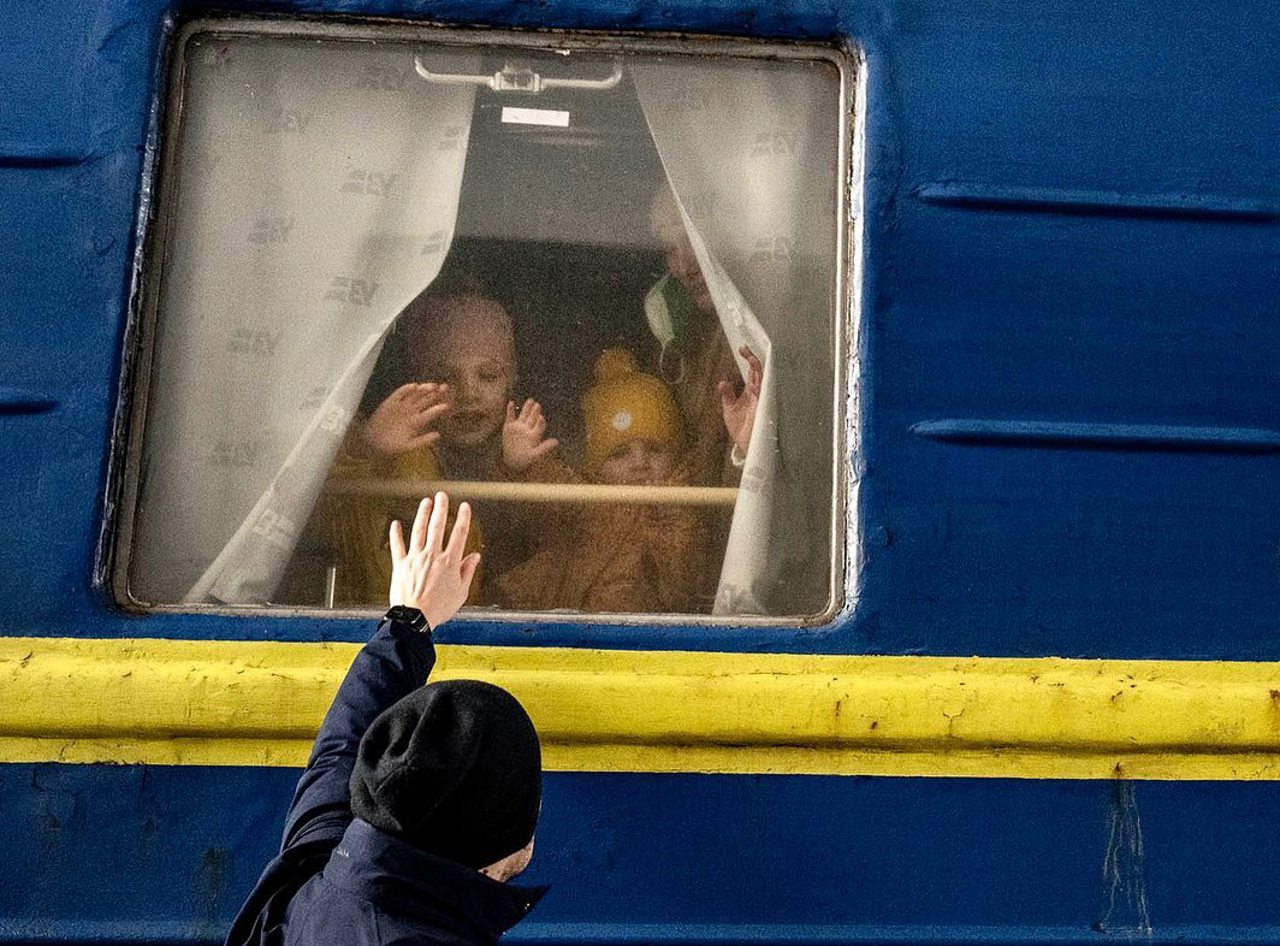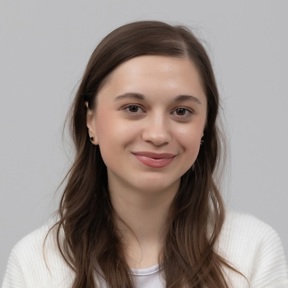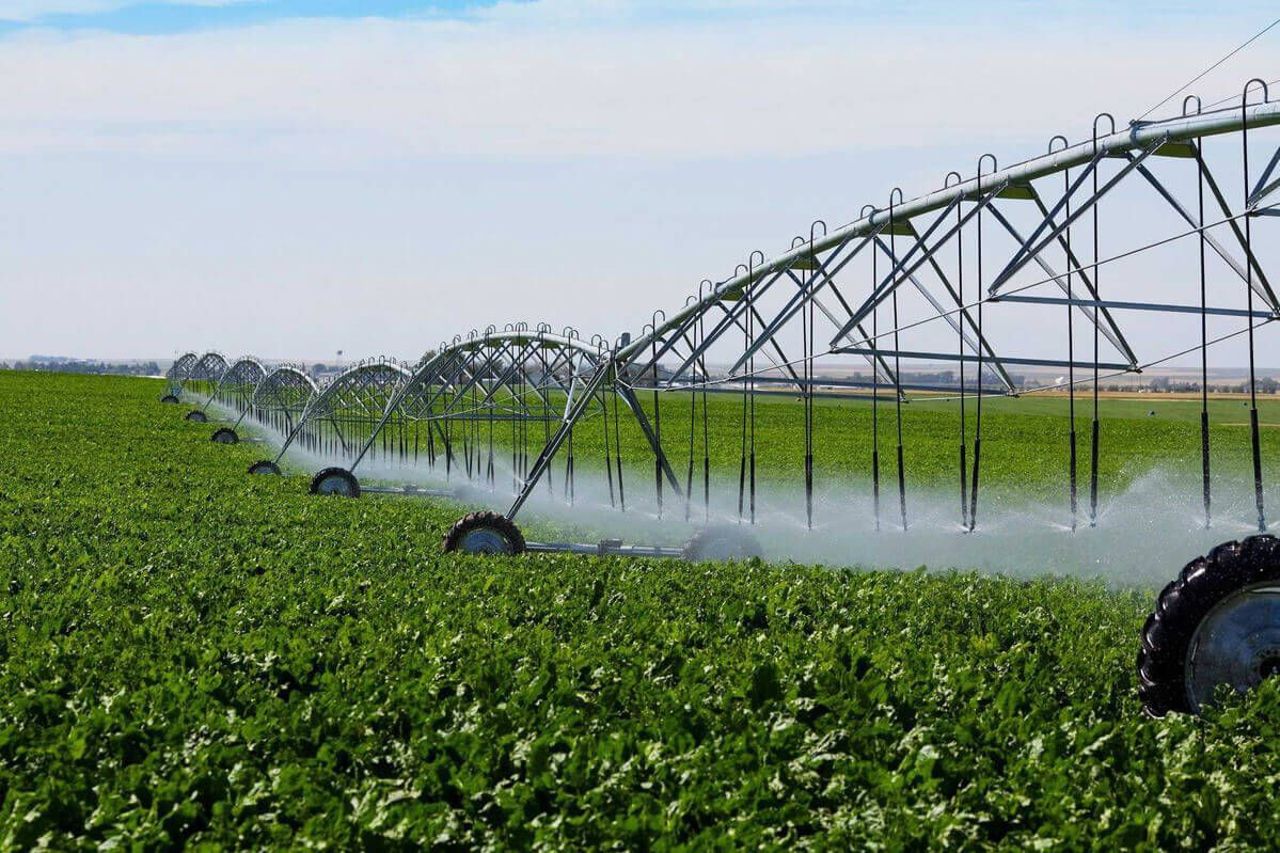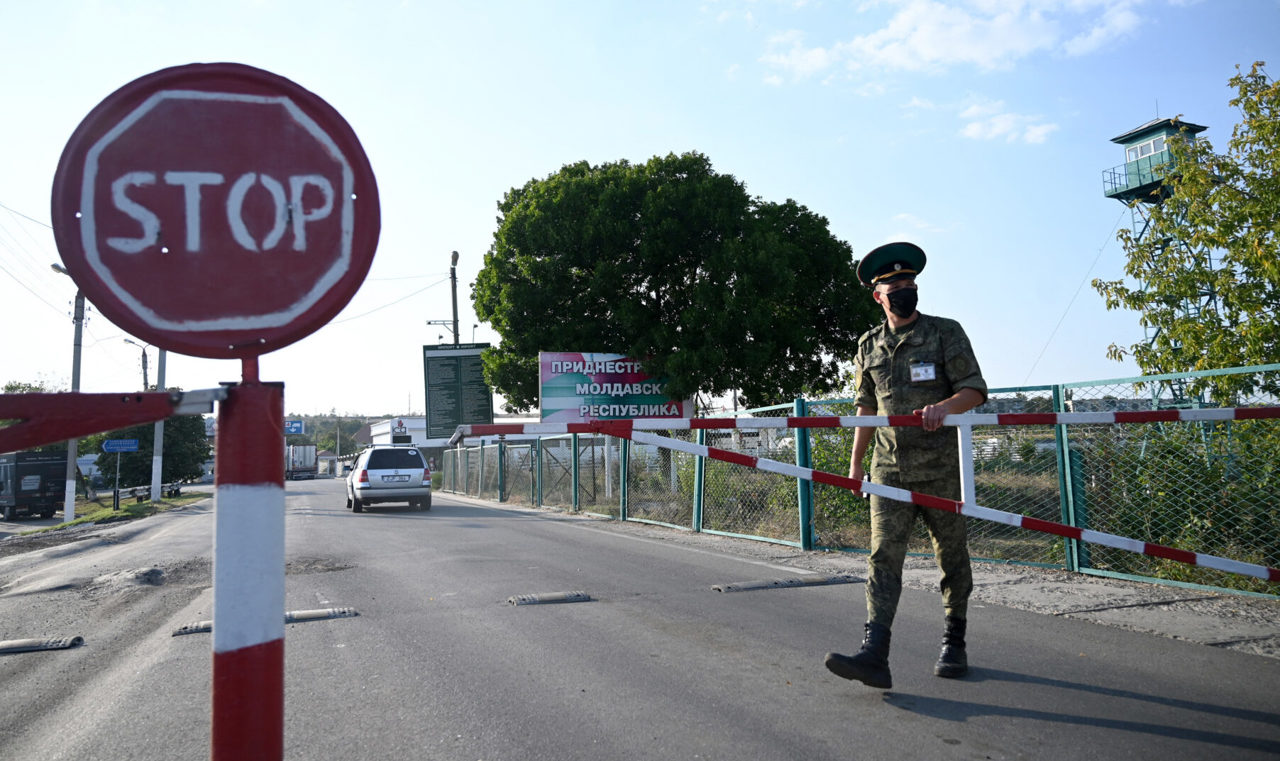Survey: What Moldovans think about refugees from Ukraine in the Republic of Moldova
65 percent of Moldovans have a positive attitude towards refugees from Ukraine and only 7 percent have a negative attitude. The data was collected in a telephone survey conducted by the Centre for Analysis and Research in Sociology, Political Science and Psychology to inform national and local authorities about potential areas for intervention and communication.

According to the results of the survey, Moldovans are divided when it comes to Ukrainian refugees sheltering in our country. However, the majority of citizens use neutral associations when describing refugees from Ukraine, while positive and negative associations are roughly equal.
When it comes to help, only 46% of the population say they have been involved at all, and 53% have not helped at all.
The number of those worried about the negative impact of the refugee influx makes up 38 percent and outweighs those who are more optimistic, making up 27 percent.
Only 4% of Moldovans, most of them young, say the refugee influx will have a positive impact in the long term, 9% think the impact will be negative. Meanwhile, 23% say the impact will be more positive than negative, and 29% are more pessimistic on this issue.
The survey also shows that 42 percent of Moldovans think the most affected branch will be the economy, 13 percent think security, and 6 percent say education.
To help refugees integrate into society, dozens of community centres have been set up in our country since the start of the Russian war in Ukraine.
"Every week, about 500 people benefit from those food and hygiene packages. At the community centre, monthly, there are about 300 people. There is psychological and legal assistance. We have Romanian for children and adults," says Steliana Rudco, co-founder of Moldova for Peace.
"It's very important for the government and the mayors to take long-term action, because refugees don't wait for anyone else. They have to go to work, and children - to school. We should not believe that refugees will go back home. Maybe some. But we see in other countries that they have already settled there permanently, and the authorities have to think about their integration here too," said Martin Angeby, director of NDI Moldova.
The survey was conducted at the initiative of the National Democratic Institute. 1,000 Moldovan citizens from 382 localities were interviewed, with a margin of error of plus/minus 3.1%.
According to the Office of the United Nations High Commissioner for Refugees, there are currently more than 102 thousand refugees in the Republic of Moldova.




